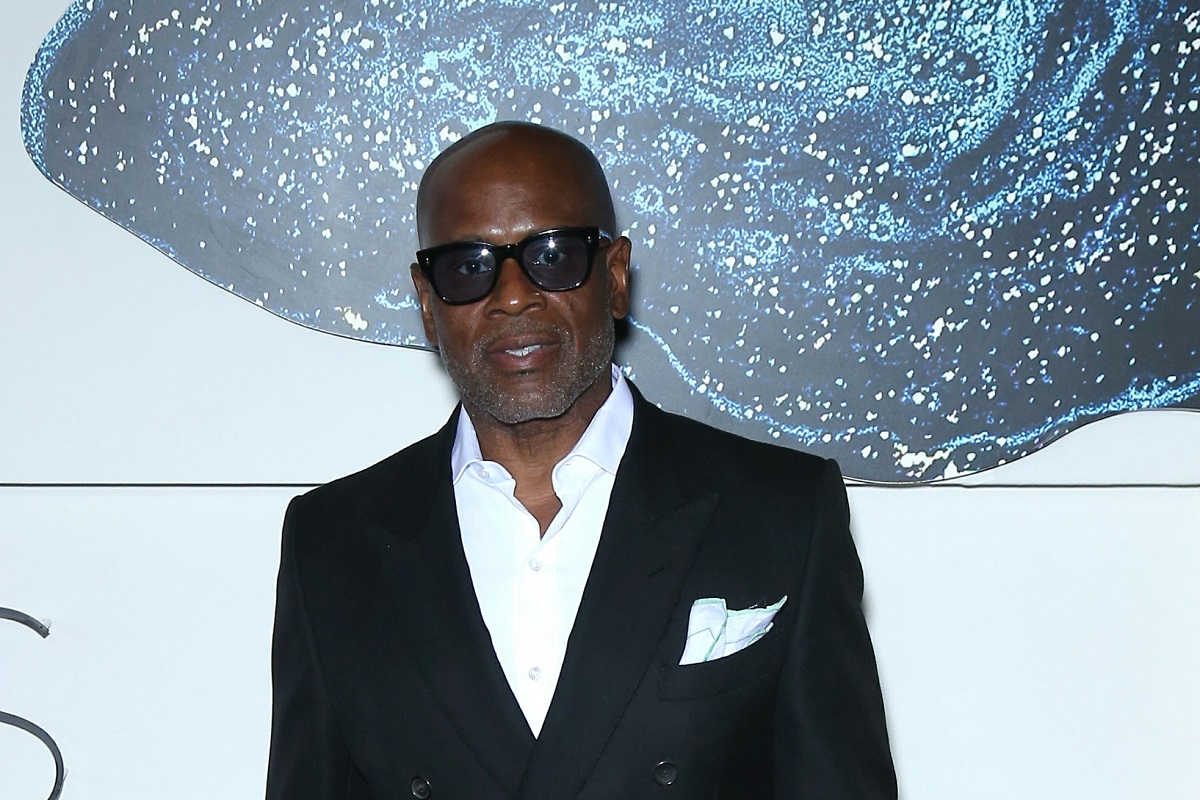L.A. Reid failed to convince a New York judge to dismiss a sexual assault case. Judge Valerie Caproni allowed music producer Drew Dixon’s lawsuit against the longtime executive to proceed in a ruling on Tuesday (August 13).
Dixon accused Reid of sexually assaulting her twice during her time at Arista Records around 20 years ago. Her lawsuit included claims of sexual battery and assault, false imprisonment, intentional infliction of emotional distress and a violation of the New York City Gender Motivated Violence Act.
The first assault allegedly occurred during a company retreat in Puerto Rico in 2001. Dixon said Reid digitally penetrated her without consent. The second assault took place a few months later when Reid allegedly groped and kissed Dixon in a car, again without her permission. Dixon’s complaint detailed Reid’s persistent sexual harassment and retaliation for rejecting his advances.
Reid filed motions to dismiss some of the claims, citing the statute of limitations and venue issues. Judge Caproni denied these motions. She ruled the claims of false imprisonment and intentional infliction of emotional distress were not time-barred under the New York Adult Survivors Act, which allowed survivors of sexual assault to sue despite expired statutes of limitations. The judge also found the events in the complaint had a substantial connection to the Southern District of New York where the lawsuit was filed.
“The coordination of the retreat has a ‘close nexus to’ Plaintiff’s false imprisonment claim as the acts about which she complains occurred on the flight that was arranged in New York,” the judge wrote. “While the Complaint does not specifically allege that Defendant instructed [Arista executive Karen] Kwak to tell Plaintiff that other executives would be on the flight, viewing the facts in the light most favorable to the Plaintiff, the Court can infer that the scheme to mislead Plaintiff about the travel arrangements occurred in Manhattan.”
Judge Caproni rejected Reid’s request to strike 10 sections of New York Penal Law Article 130 cited in the lawsuit. Dixon argued against Reid’s efforts, calling them an “inappropriate attempt to thrust the Court into the impermissible role of factfinder at the pleading stage.”
“As Plaintiff notes, Defendant did not challenge the citation to Sections 130.52 (forcible touching) and 130.55 (sexual abuse in the third degree); it is difficult to understand any prejudice caused by additional citations to other portions of Article 130,” the judge ruled. “Because Defendant has not met his burden, his Motion to Strike is denied.”
Reid left Epic Records after a female assistant accused him of sexual harassment in 2017. He apologized for saying “anything capable of being misinterpreted” at the time.
